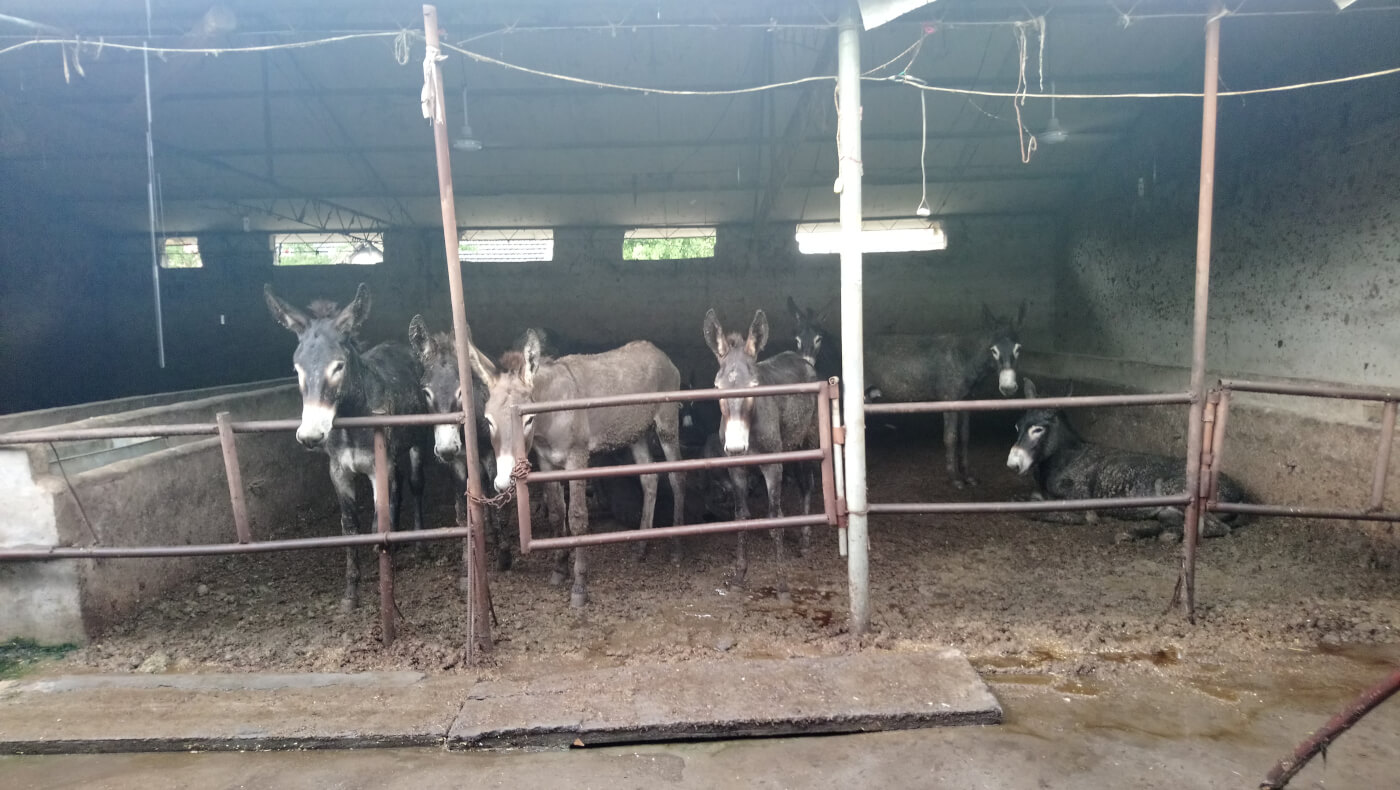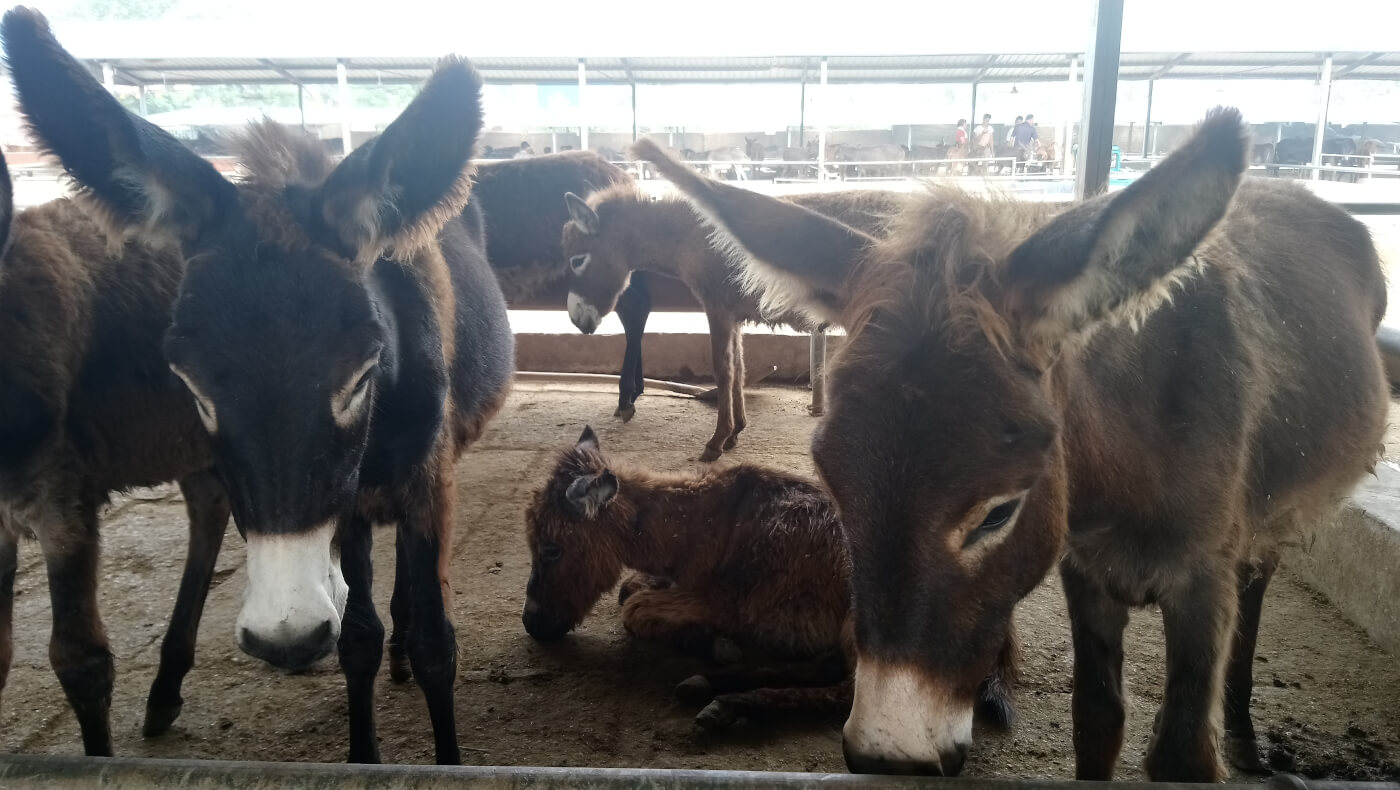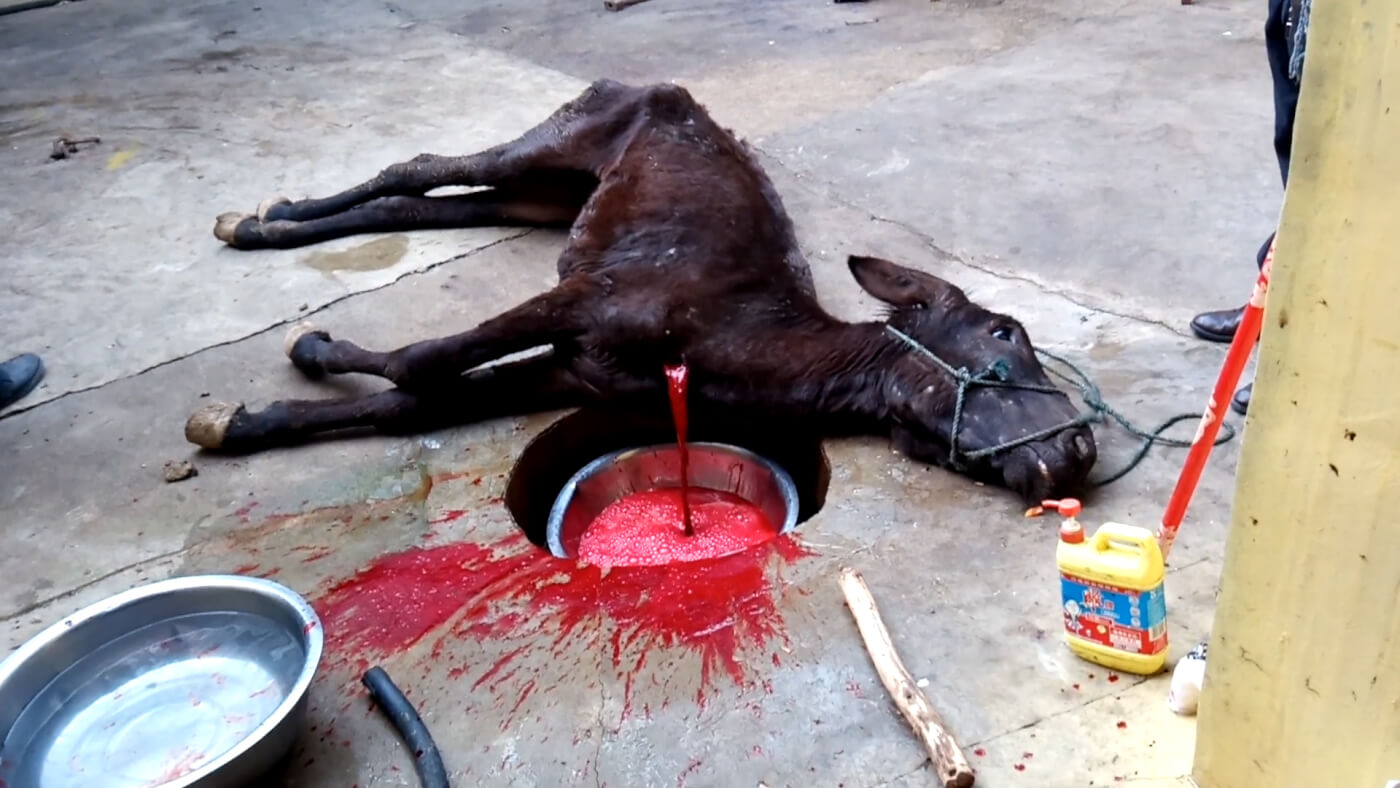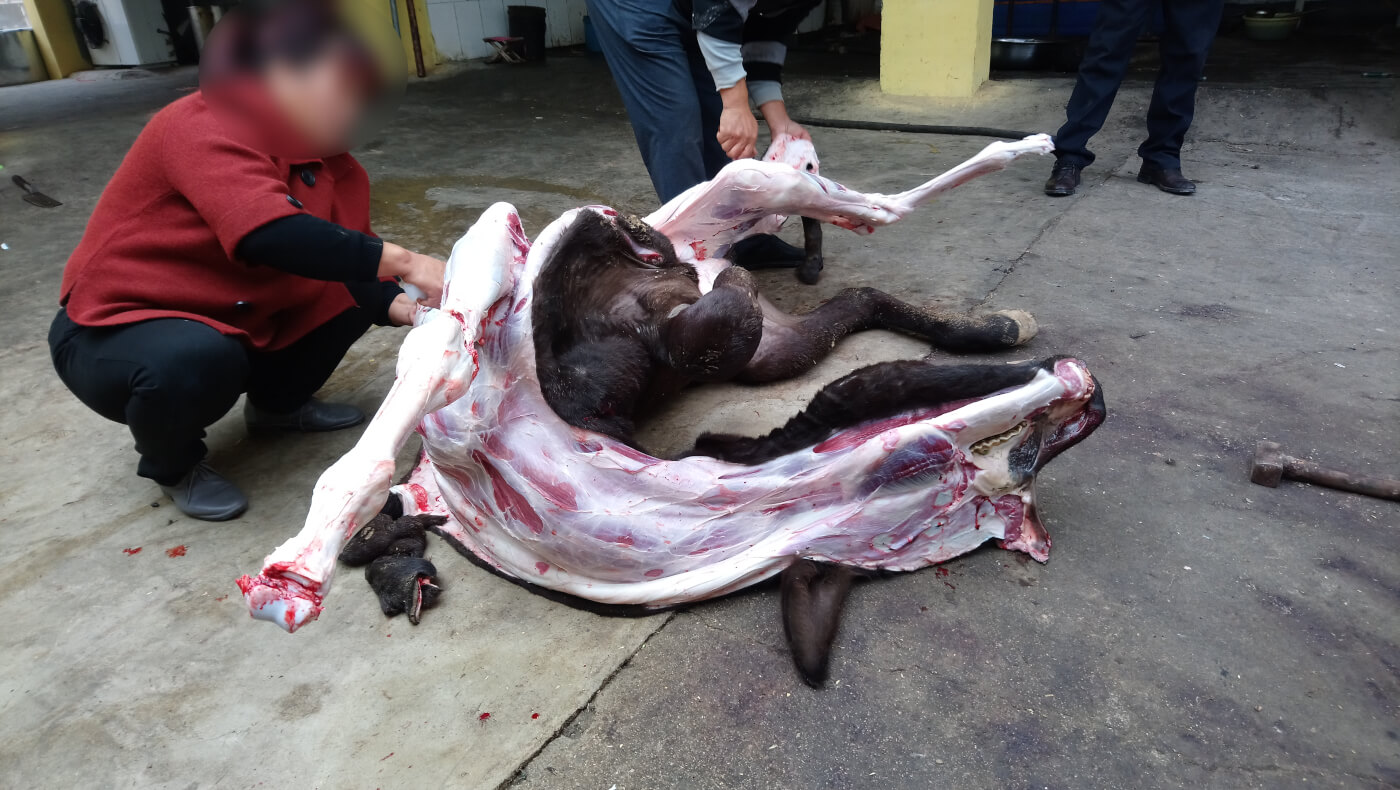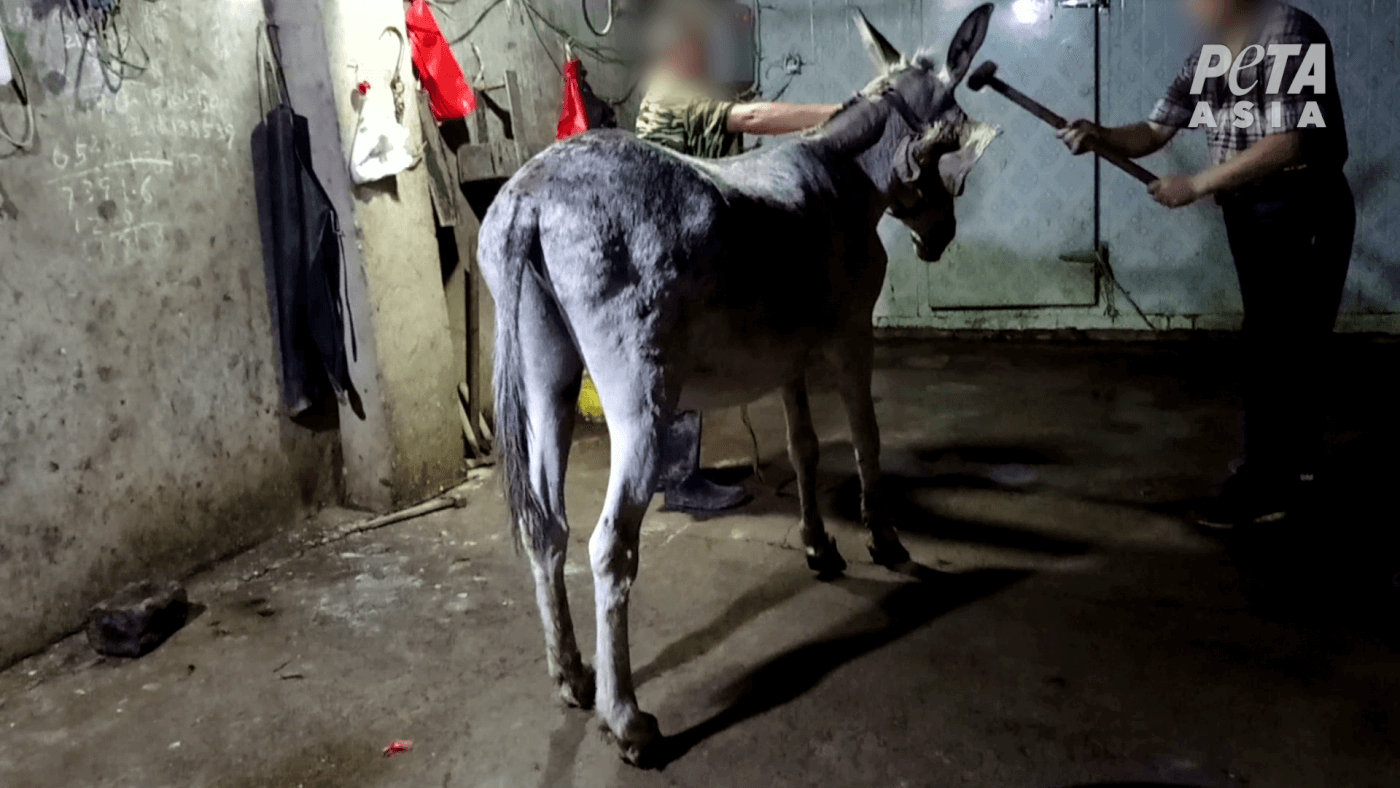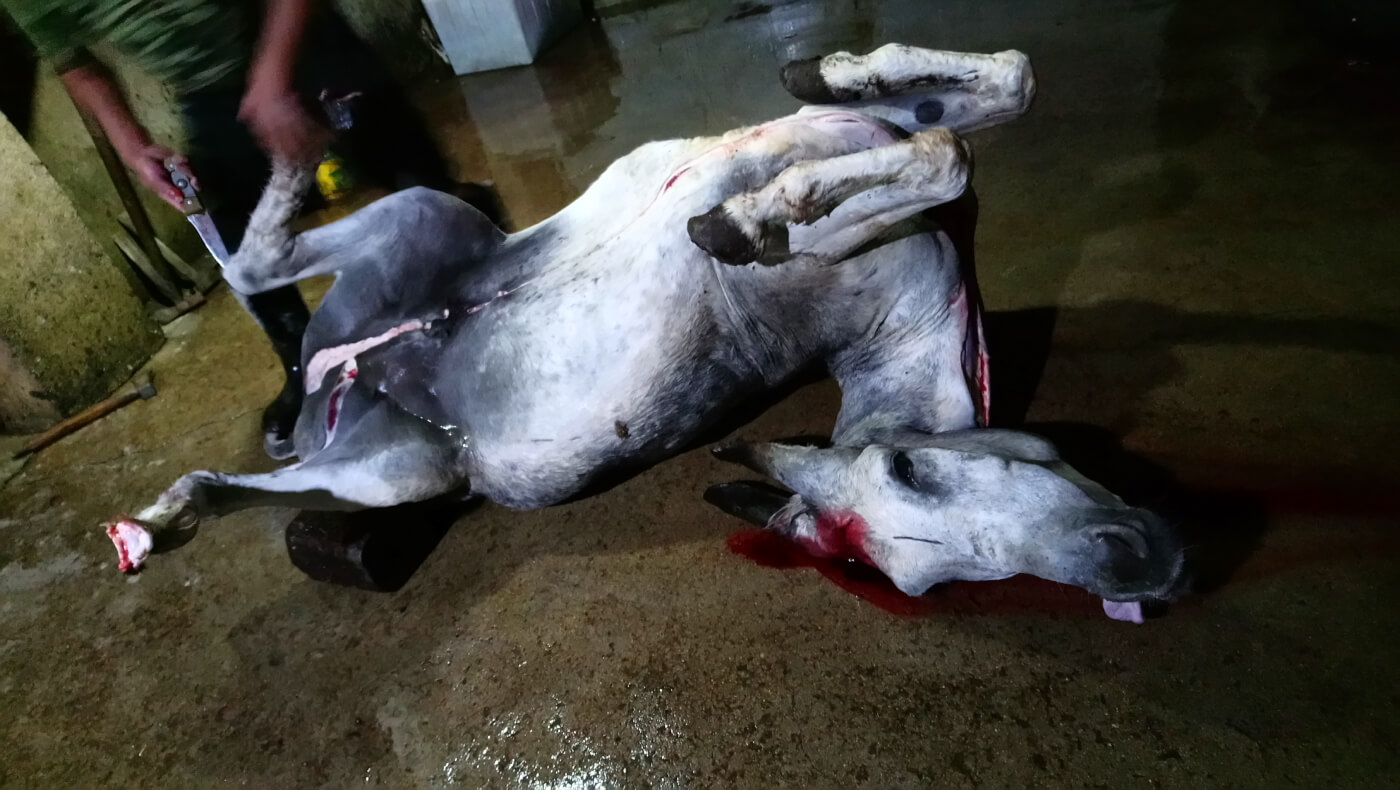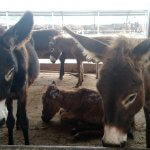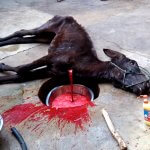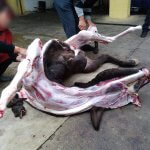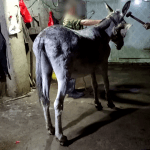PETA India Urges Pakistan to Drop Plan to Export Donkeys to Violent Deaths in China
Following the news that Pakistan intends to export donkeys to China to be killed for their hides and for products such as ejiao, a gelatine used in traditional Chinese medicine, PETA India fired off a letter to Sahibzada Muhammad Mehboob Sultan, Pakistani Federal Minister for National Food Security & Research, urging him to drop this plan. The letter refers the minister to PETA Asia’s investigation of donkey slaughter in China, where thousands of donkeys are kept in filthy, cramped, concrete-floored pens on farms and beaten with sticks at market. After workers bash them over the head with a sledgehammer and then slit their throats, some donkeys continue to breathe and move.
In the letter, we point out that unlike Pakistan, where donkeys are protected from “unnecessary pain [and] suffering” by the Prevention of Cruelty to Animals Act, 1890, China has virtually no laws to protect animals. We’re appealing to the minister to boost Pakistan’s economy by increasing productivity and efficiency through industry programmes to replace donkeys with tractors and other forms of mechanisation – like those now being implemented in India at sugarcane factories, brick kilns, and other facilities – rather than by exporting donkeys for slaughter.
The demand for ejiao – which can also be found in certain sweets, snacks, and beauty products, including many available outside China – has risen so quickly in recent years that donkeys are being imported into China for slaughter, while horses, pigs, and cows are also being killed for fake ejiao. According to Dr Lee Yuming, a doctor of Chinese medicine, “there is a misconception about ejiao – it is not the most effective medicine to enrich blood in spite of its long history in traditional medicine. Nowadays, there are many other options that are much better at improving one’s health, including modern drugs and herbal medicines”.
On Chinese farms, donkeys were observed standing in their own faeces and urine. Some were so malnourished, injured, or ill that they were unable to walk. The only water available to them was dirty and green with algae. Workers also confided to PETA Asia’s eyewitness that they were concerned that environmental inspectors would fine them or shut the place down.
What You Can Do
Help donkeys in China by calling on the Chinese ambassador to India to use his influence to help end the cruel treatment of donkeys in his country.
Take Action

